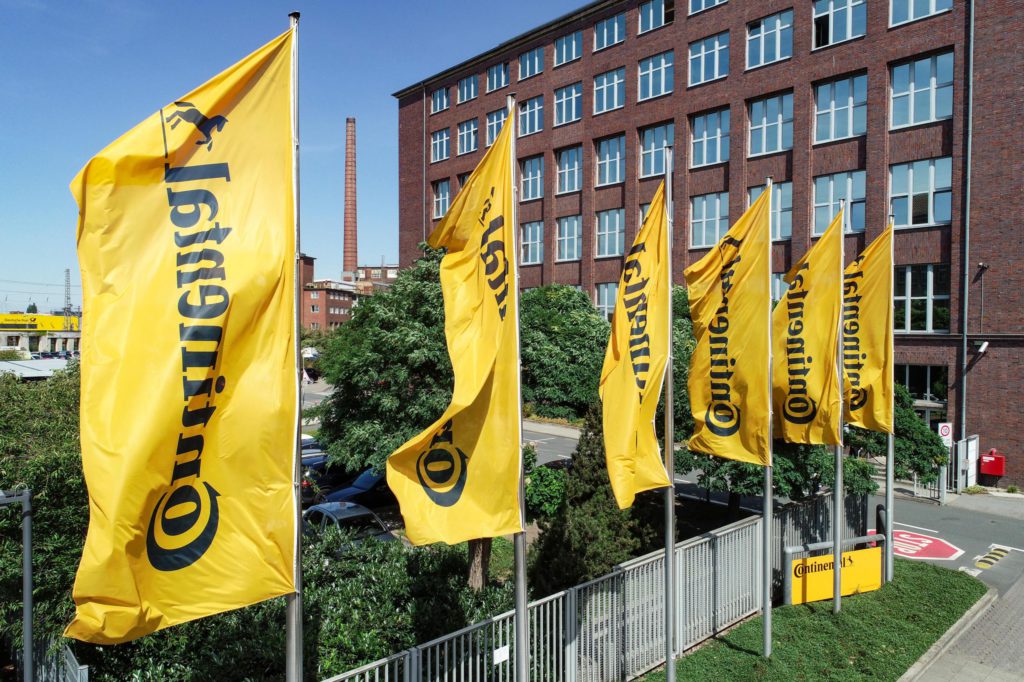Continental to shift into gear for electric vehicles
13 August 2019

13 August 2019
German car parts group Continental is to stop investing in petrol and diesel technology and instead shift its research towards components for electric vehicles (EVs).
The supplier recognises the role that ′disruptive’ technologies have to play in the future automotive landscape, due to the tightening of political targets that are leading to a market in which future technologies are determined by regulations.
′Our customers are increasingly and consistently turning to the electrification of combustion engines through hybrid drives as well as to pure battery-powered vehicles. We have long been a technological leader in the field of electronic control units and related functional software,’ says Andreas Wolf, head of Continental’s Powertrain division, which in the future will operate under the name Vitesco Technologies.
′In keeping pace with our customers and markets, we are now focusing more rapidly and systematically on our strengths and are targeting the future of electric mobility with our broad and successfully applied experience. With this strategy and gradual optimisations to the portfolio, we aim to ensure that the powertrain business remains financially strong, competitive and sustainable in the long term,’ he adds.
Low margin
Combustion-only components, meanwhile, are set to offer only selective growth opportunities in the future, which has prompted Continental’s Powertrain division to reduce investment in the hydraulic components business. This part of the strategy relates primarily to injectors and pumps for petrol and diesel engines. ′Investments in research and development and production capacity for innovations are becoming less profitable,’ says Wolf, explaining the reasoning behind this decision.
Continental will fulfil existing orders, but new orders will play an increasingly marginal role, as the business in components for exhaust-gas after treatment and fuel delivery will also be reviewed. The transformation will likely take several years, the company notes, as combustion engines still play a role as the basic drive units for hybrid vehicles.
′The main reasons for this are intense price pressure and a high degree of dependency on the further development of the diesel engine market. We are currently examining all possible options here to ensure our portfolio is sustainable, profitable and competitive. We’re also considering partnerships,’ Wolf says.
Wolf also indicates that Continental will not consider potentially entering into the production of solid-state battery cells in the future. Until now, the company was open regarding a potential investment in this regard. However, Wolf states that the disruptive market no longer offers any attractive economic prospects for battery cell production for Continental.